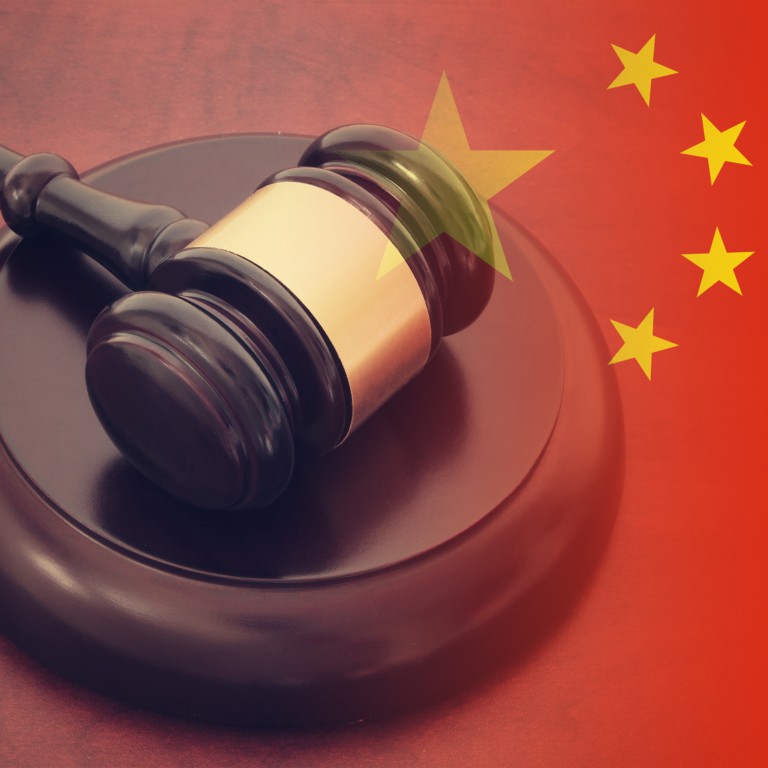
US adds China to list of countries where Americans face elevated risk of wrongful detention
- State Department advisory follows executive order by President Joe Biden aimed at punishing state actors including Russia, Iran and North Korea
- Citing ‘extraordinary threat’, designation confers authority to impose travel and financial sanctions when US nationals are unjustly held
Declaring a national emergency over the “extraordinary threat” that wrongful detention and hostage-taking posed to US interests, the executive order includes the authority to punish foreign entities with travel and financial sanctions in cases where they are deemed to have unjustly held US nationals.
“We will continue to be relentless in our efforts to reunite Americans who are held hostage or wrongfully detained with their loved ones,” US Secretary of State Antony Blinken said.
Following the executive order, the State Department’s travel advisory for China was updated to urge travellers to “exercise increased caution due to wrongful detention”. It warned that relatives of those under investigation by Chinese authorities were at risk of exit bans.
As well as paving the way for sanctions, the executive order directs the administration to bolster its engagement and sharing of intelligence with families of those detained overseas. It also charges government experts with developing “options and strategies to deter future hostage-taking and wrongful detentions”, the White House said.
Countries like China, Russia and Venezuela had “a very strong vote” when it came to negotiations over detention cases “in that they hold the keys to the jail cell”, a senior Biden administration official told reporters on Monday.
In its new travel advisory, the State Department said it had determined that at least one US national was currently “wrongfully detained” by the Chinese government. The department did not respond to a request to identify that case, and said it was unable to give a more precise figure of the number of Americans detained in China.
“For privacy and security reasons, we are … unable to provide the number of US citizens who are wrongfully detained in a particular country,” a department spokesperson said.
The James W Foley Legacy Foundation, a US-based organisation advocating for detained Americans abroad, estimated that at least 59 Americans were now being held hostage or wrongfully detained in 18 countries, including China.
US should expand Hong Kong sanctions to mid-tier officials, panel is told
“State hostage-taking is an increasing problem and, given the increase in competition and adversarial relationships between the West and countries like Iran, China, and Russia, one that is likely to worsen in the future,” Cynthia Loertscher, the Foley Foundation’s director of research, wrote in a research note in May.
“The label of arbitrary detention suits the US better than anyone else,” embassy spokesman Liu Pengyu said.
Liu did not respond to a question about the State Department’s determination that at least one American was currently “wrongfully detained” in China.
Additional reporting by Jacob Fromer

